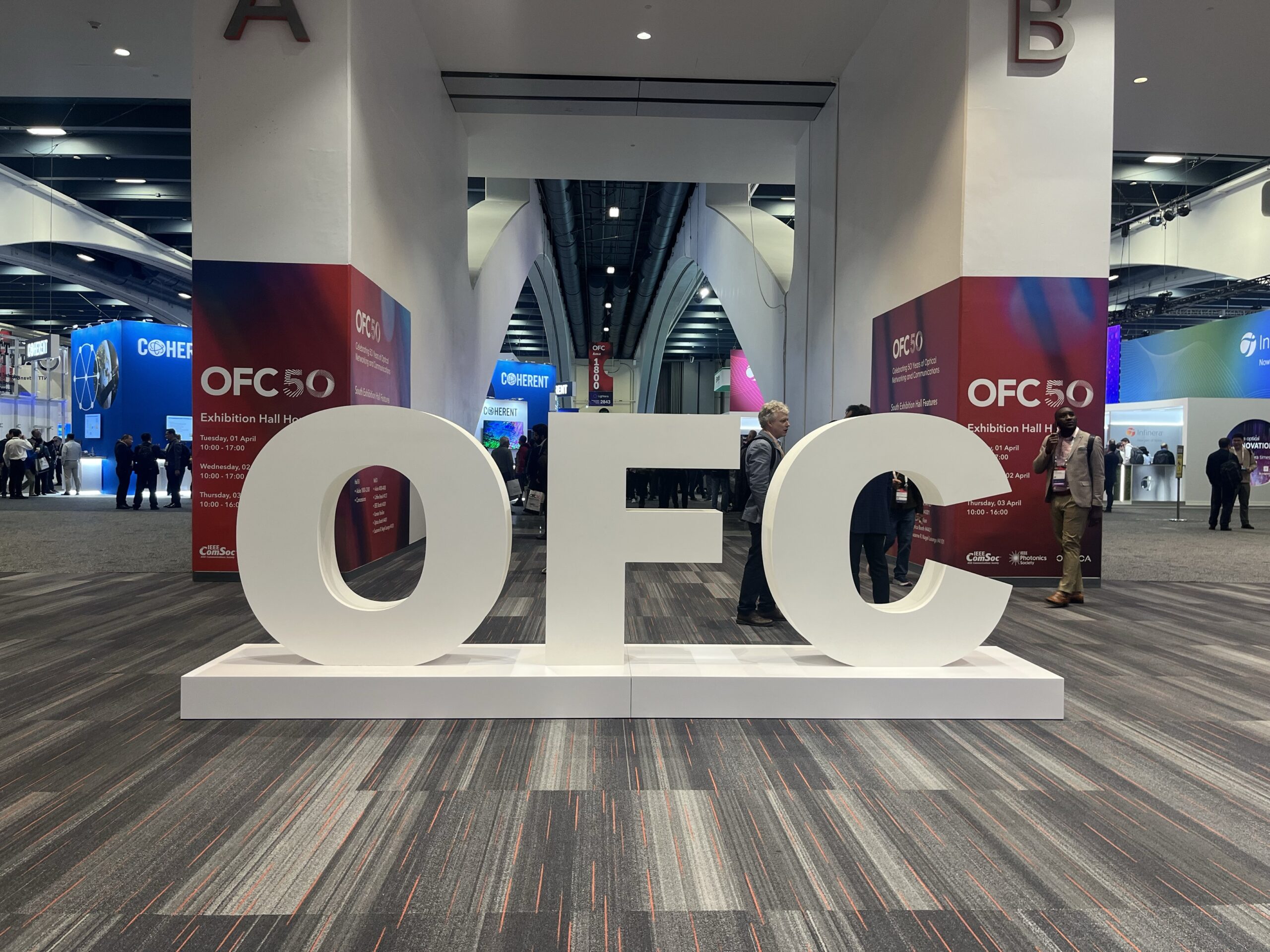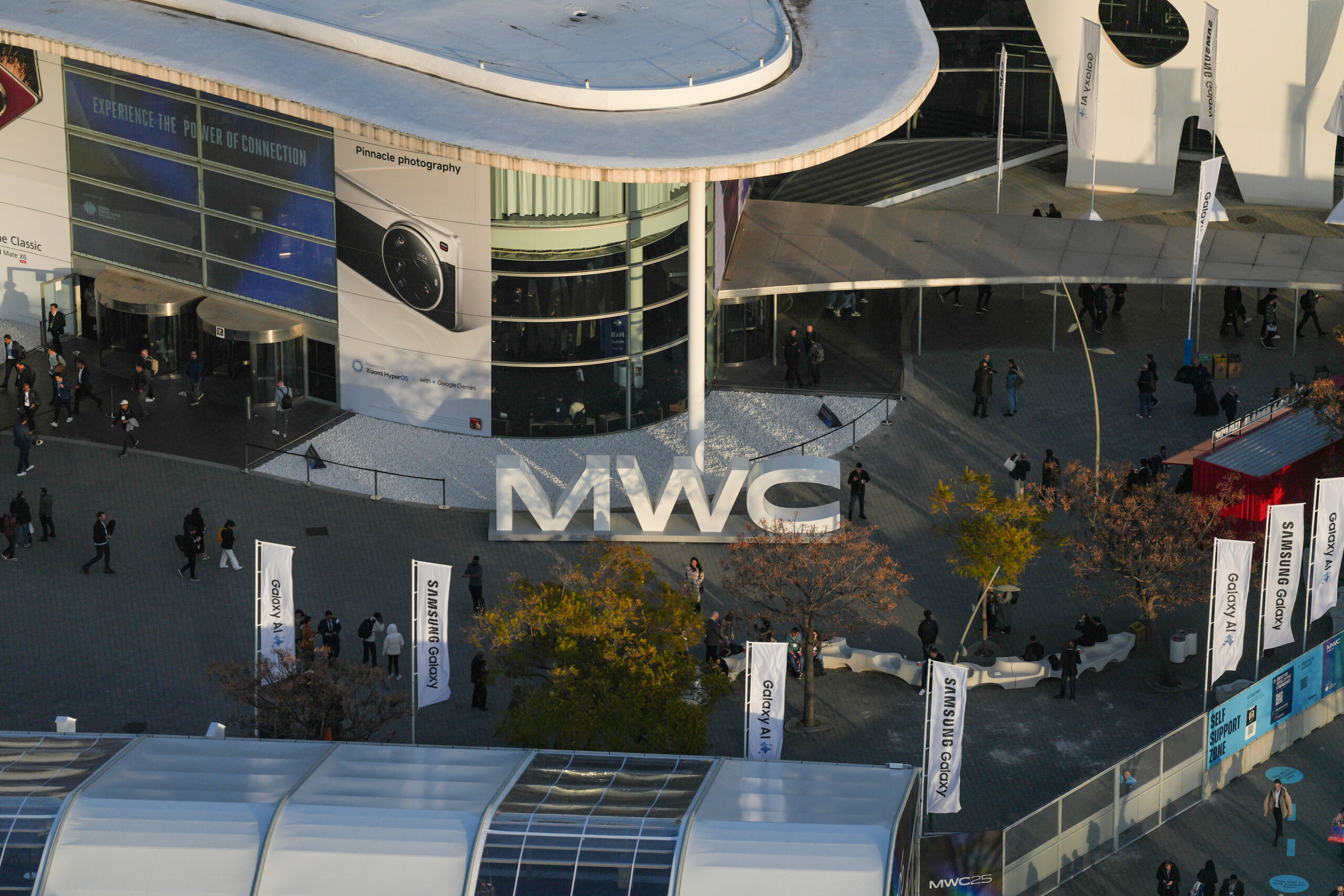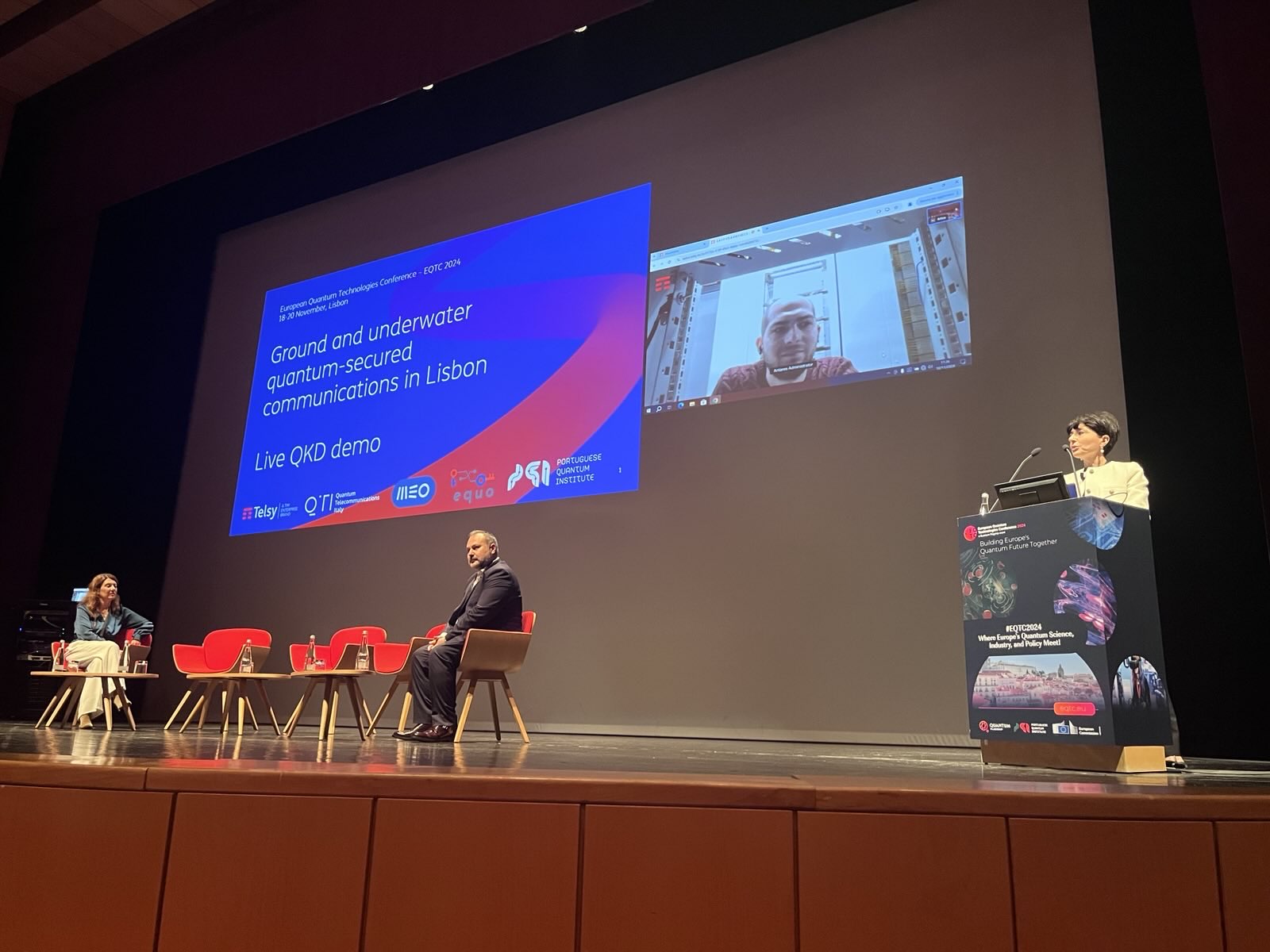The North Atlantic Treaty Organization (NATO) is an international organization born in 1949, with the objective of guaranteeing the freedom and security of its members through political and military means. For achieving its purposes, technological developments are key to NATO action worldwide and the Organization has been focused on enhancing technological advancements in Member States and keeping up with them all over the decades. The initiatives of the Alliance on Emerging and Disruptive Technologies especially serve these purposes.
NATO as a global innovation actor
Technologies like artificial intelligence, autonomous weapons, and quantum and its applications, are modifying substantially the way in which NATO operates. They have a major impact on security and, while providing new opportunities for NATO militaries, also represent new threats in case of harmful use by hostile State and non-State actors.
The Organization is therefore partnering with public institutions, academia, and the private sector to develop and implement new capacities for maintaining NATO at the forefront of innovation base worldwide, boosting the consolidation of a value-based political and industrial ecosystem in the domain of latest technologies and acting “as a convening voice, encouraging collaboration and creating synergies”.
Considering its founding principles, as enshrined in the North Atlantic Treaty signed in Washington D.C. on 4 April 1949 and developed by the relevant rules and practice of the organization, NATO should ensure that the development and use of emerging and disruptive technologies are oriented toward peace and prosperity. In this sense, the Alliance is playing an active role in sustaining and financing research and development of new technologies as part of the Allied innovation ecosystems.
The Advisory Group on Emerging and Disruptive Technologies
In 2020, the Organization has started an analysis of Emerging and Disruptive Technologies (EDT) and their potential for exploitation, through the establishment of an Advisory Group formed by 12 experts from the research and private sector.
Quantum-based technologies are encompassed among Emerging and Disruptive Technologies and are receiving increasing attention from NATO. In this context, the Advisory Group identified the following quantum related perspectives of direct interest to the Alliance:
- Harnessing the quantum scale: NATO notes that the Second Quantum Revolution (read our article here), building on the knowledge of quantum processes, has led to usable quantum technologies, that encompass quantum computing, sensing, and cryptographic systems.
- Data security: quantum technologies are recognized as major tools for securing communications, data transactions, and storage.
Following the work of the Advisory Group, the NATO Defence Ministers endorsed “Foster and Protect: NATO’s Coherent Implementation Strategy on Emerging and Disruptive Technologies” in February 2021. The strategy is built on a twofold focus: promoting dual-use technologies and establishing a forum for the exchange of best practices among Member States.
Other initiatives
Besides the Advisory Group on Emerging and Disruptive Technologies, quantum and its applications are encompassed in other NATO initiatives, e.g. the Defence Innovation Accelerator for the North Atlantic (DIANA) aimed at promoting cooperation on critical technologies and interoperability, while also leveraging the involvement of academia and the private sector. DIANA is intended as a catalyst for innovation and is expected to become fully operational in 2025, with dedicated centers and sites in the territory of NATO countries.
In addition to the initiatives aimed at stimulating the involvement of academia and the private sector in defense and security domains, NATO is also intervening through means of financing. The 1-billion NATO Innovation Fund has been established at the 2021 Brussels Summit to provide strategic investments in start-ups that develop Emerging and Disruptive Technologies that are deemed critical for the Alliance. This Fund is a unique initiative, being the first multi-sovereign venture capital fund.
Overall, NATO notes that while quantum technologies are developing at a high rate, defense and security applications are still at a lower level compared to commercial ones. This is true especially with regard to quantum computing, whose commercial interest is particularly relevant. On the other side, quantum sensing, Positioning, Navigation and Timing (PNT), and quantum communications are much more intertwined with defense and security interests.
Collaboration among Member States in the development and use of quantum technologies is highly recommended as they can provide unprecedented advancements in NATO operational capacities. In this context, mention must be made of the relevance of quantum communication and cryptography. The advantages of quantum cryptography constitute both an opportunity and a challenge for existing Command, Control, Communications, Computers, Intelligence, Surveillance, and Reconnaissance (C4ISR) systems.
Emerging and Disruptive Technologies in all the operational domains
Developments in Quantum Key Distribution (QKD) will equip the Alliance with superior encryption capabilities and NATO is acting in this domain for ground, space, and underwater scenarios.
Quantum applications for satellites are attracting increasing attention from research and business and NATO is working to stimulate the application of these technologies in outer space, which has been declared by the Alliance as a new “operational domain” in 2019.
The same is happening for underwater quantum technologies. The implementation of QKD in outer space and underwater poses further challenges due to the special characteristics of these two environments, while more “traditional” QKD systems employed on the ground still are under fast development.
Concluding remarks
The effort of the Organization in this sense proves the strategic value of quantum technologies in all the NATO operational domains. In this context, the activities of QTI are particularly well-positioned, as the company is a developer and producer of QKD solutions capable of operating in all the NATO operational domains.
QTI is ready to face the challenges of technological evolution and is already known to NATO. Lastly, in May 2022, QTI CEO and CTO participated as speakers in the Underwater Quantum Science and Technology Workshop in La Spezia organized by the NATO Science and Technology Organization – Centre for Maritime Research and Experimentation.
The company is also well integrated in the network of Italian institutions, including the ICE-Italian Trade Promotion Agency, the government organization promoting the internationalization of the Italian companies, that is facilitating their participation in Farnborough International Airshow (FIA), scheduled in July 2022. Furthermore, thanks to its partnership with Telsy, QTI is also in touch with the Italian Industries Federation of Aerospace, Defence, and Security (AIAD).
In the light of these solid connections, QTI is suited to actively contribute to the Alliance’s strategy on emerging and disruptive technologies.
Bibliography
Innovation Unit Emerging Security Challenges Division, NATO Advisory Group on Emerging and Disruptive Technologies – Annual Report 2020, 2021
D.F. Reding J. Eaton, Science & Technology Trends 2020-2040 Exploring the S&T Edge, NATO Science & Technology Organization, 2020



